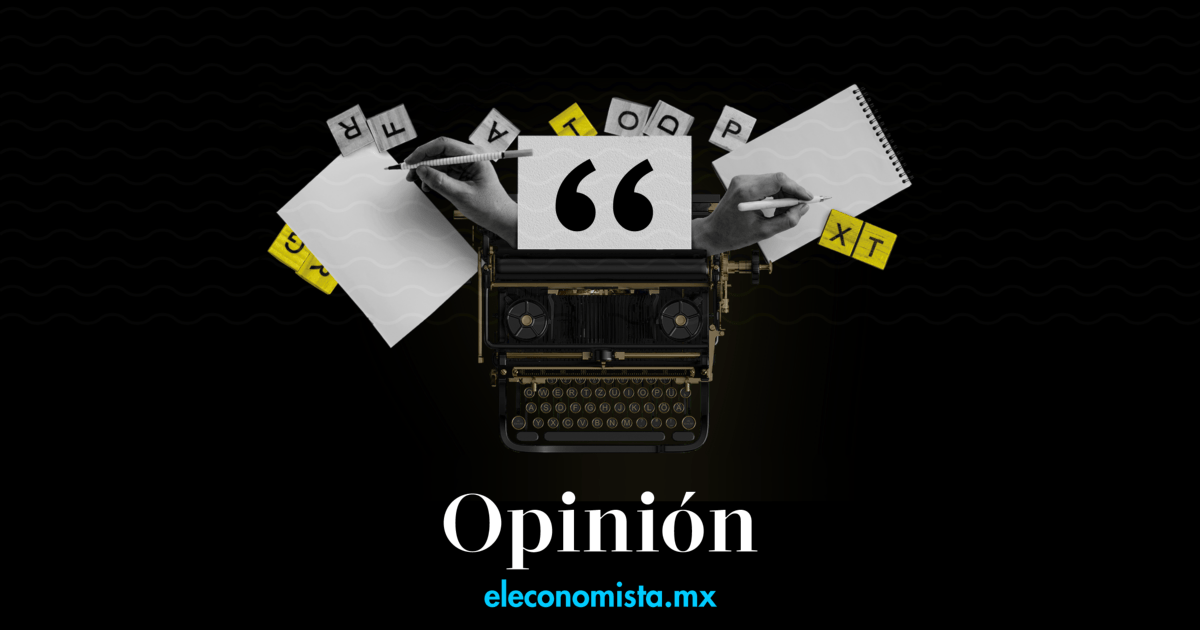For the past few decades, the United States has relied on the use of economic warfare to exert influence over countries and individuals. In this context, different voices have emerged from a movement called DeFi (DeFi is the abbreviation in English for decentralized finance -decentralized finance-). The central argument of the movement is that “crypto and blockchain technology should be used to challenge the power of centralized government”. And in a second instance, promote economic freedom by protecting the anonymity of users.
In 2009, when bitcoin emerged as the first global blockchain-backed digital currency, it was hard to imagine that it would be worth $68,000 a piece (today it’s around $17,000). In its beginnings, this asset was used by a group of economic agents to acquire “goods or services” anonymously. It all started on a website called “Silk Road” set up on the “Dark Web” (a part of the internet that allows users to browse anonymously and without supervision).
A black market and the first modern digital marketplace – imagine a kind of Amazon for trading in illegal goods. As of March 2013, the site had 10,000 products for sale, 70% of which were drugs. Did the creator(s) of bitcoin actually think of this instrument as an anonymous, autonomous and secure “medium of exchange”? In practice, it was perfect for users of “SIlk Road” (and other similar platforms) to make transactions without leaving a trace. Perhaps they never imagined that blockchain technology, which underpins bitcoin, would change finance as we know it.
The blockchain can be described as a chain of blocks, or a set of rules, in which each user of the network keeps a copy of the information, and only updates it when new information is collectively agreed between computers (which is why it is so secure). . Because a broad collective consensus creates information security, blockchains have proven particularly useful for transferring value (or information) between parties. I am convinced that the aforementioned emerging technology has the potential to disrupt virtually every industry and even the Internet.
Unlike other financial innovations, bitcoin was launched globally directly to “ordinary” consumers. The argument was that it would render traditional financial intermediaries obsolete by using the aforementioned technology as a backup.
The original thesis – that of using it as a “medium of exchange” – was surpassed when its use became “mainstream” and the volatility associated with its price made it unsustainable. Subsequently, another hypothesis emerged: that Bitcoin was a “store of value” and some called it “digital gold”. But this approach also faltered as its correlation with other risky assets became apparent.
A latest version called it an “inflation hedge,” but it was invalidated with this year’s slump. This occurred in part, caused by the bankruptcy of the company FTX, dedicated to the exchange of cryptocurrencies. The situation has been compared by many analysts as something similar to what happened in 2009 with the bankruptcy of the investment bank Lehman Brothers.
The crash ended the dreams of thousands (or perhaps millions) of micro-investors who came to believe that they could become rich through cryptocurrencies. At FTX’s headquarters, under the Bahamian sun (and away from the eyes of regulators), the company’s advertising warned clients not to miss “the next big thing”.
According to research in the journal Moneymore than 70% of Americans who have invested and are investing in cryptocurrencies harbor the belief that they have the tools to become billionaires without rational justification.
The risk is partly the result of the divergent and often emotional responses that cryptocurrencies have triggered since their inception. For example, Charlie Munger (right-hand man to famed investor Warren Buffet) has referred to cryptocurrency as part fraud and part self-deception.
Meanwhile, many serious and other institutional investors have a vision that the financial infrastructure of tomorrow will be based on cryptocurrency technology. In terms of regulation, each side is of the opinion that the government should act in support of their point of view.
But one thing is certain: cryptocurrency brokers require the use of complex cryptographic keys that are used to authorize transactions. These keys are often stored online, making them susceptible to hacking or theft.
Therefore, it is necessary to establish regulatory regimes to protect investors, consumers and financial stability, in addition to blocking illicit uses.
Forget -then- “anonymity” or “autonomy.” The two desired characteristics in the beginnings of bitcoin. The use cases: “medium of exchange”, “reserve of value” or “hedge against inflation”, have also been exceeded as we have already seen. In reality, the mechanism offers no practical use and is of no intrinsic value. The current investment thesis is based on “scarcity” (the maximum number of bitcoins that can be issued -mined- is 21 million). To put it colloquially, “bitcoin is worth what someone is willing to pay for it.”
So what is the future of other cryptocurrencies? Cryptocurrencies will play an important role in the digital economy during the course of the next web3 era of the Internet. The decentralized nature of cryptocurrencies, combined with low transaction costs, privacy, and security, have attracted a new generation of entrepreneurs and technology enthusiasts. The future of each one will depend directly on the particular “use case” of each digital asset, and its evolution. And finally, very few (of the 19 thousand that exist) will survive.
Technology comes along, innovates, and then is displaced by new technology. For this reason, invest (or use) with care, intelligence and rationality, with the advice of reliable sources.
Twitter: @EduardoTurrentM
hartford car insurance shop car insurance best car insurance quotes best online car insurance get auto insurance quotes auto insurance quotes most affordable car insurance car insurance providers car insurance best deals best insurance quotes get car insurance online best comprehensive car insurance best cheap auto insurance auto policy switching car insurance car insurance quotes auto insurance best affordable car insurance online auto insurance quotes az auto insurance commercial auto insurance instant car insurance buy car insurance online best auto insurance companies best car insurance policy best auto insurance vehicle insurance quotes aaa insurance quote auto and home insurance quotes car insurance search best and cheapest car insurance best price car insurance best vehicle insurance aaa car insurance quote find cheap car insurance new car insurance quote auto insurance companies get car insurance quotes best cheap car insurance car insurance policy online new car insurance policy get car insurance car insurance company best cheap insurance car insurance online quote car insurance finder comprehensive insurance quote car insurance quotes near me get insurance






:max_bytes(150000):strip_icc():focal(605x417:607x419)/Alabama-Woman-Forced-to-Attend-Jury-Duty-011725-tout-b-2583e44b563f4d4fbeec46beb0a5ee35.jpg)

